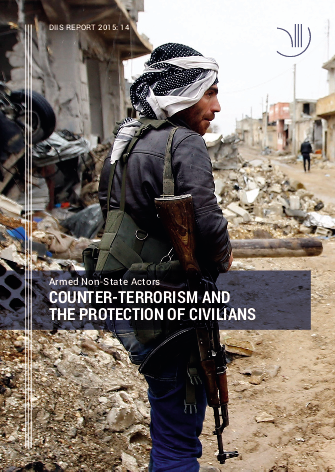
Recent events in the Middle East present the latest and undoubtedly not the last challenge to international engagement with armed non-state actors. Over the last many years international humanitarian law has increasingly regulated the behaviour of armed non-state actors with regard to the protection of civilians. At the same time, counter-terror measures have increasingly addressed such conduct, as well as controlled the extent to which other actors may interact with armed non-state actors. Yet there is a fundamental contradiction between these regulatory regimes. The report takes a case study approach to examine the conundrum facing policymakers and, not least, state militaries, when navigating these policy regimes in Iraq and Syria. It analyses two prominent armed non-state actors and their acceptance of these regulatory regimes the People’s Protection Units (YPG) and Islamic State. The report concludes that it is time to consider strategic interoperability of international humanitarian law and counter-terror regimes in order to maximise the protection of civilians. Drawing a line in the sand at compliance with international humanitarian law and forcing armed non-state actors to choose whether or not they stand with the ‘terrorists’ (e.g. IS) can motivate many of them towards compliance (e.g. PKK/YPG and others such as Ahrar al-Sham), as long as counter-terror measures don’t undermine the incentives to do so.